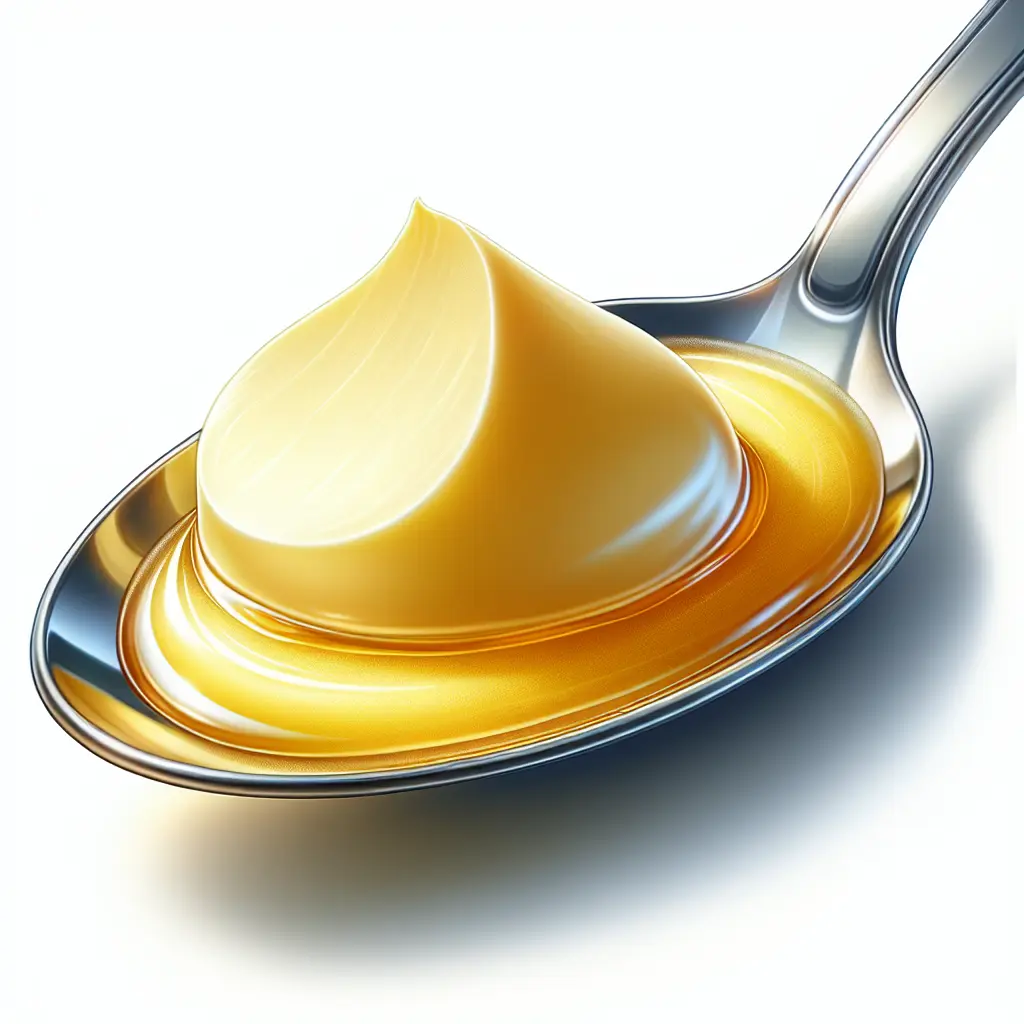Culinary Uses of Margarine
Margarine is a versatile fat that can be used in various culinary applications. It is commonly used as a spread, in baking, and as a cooking oil. Here are some of the ways margarine can be used:
- As a spread: Margarine is a popular spread for sandwiches, toast, and crackers. It can also be used as a dip for vegetables or fruit.
- In baking: Margarine is often used in baking as a substitute for butter. It can be used in cakes, cookies, muffins, and other baked goods.
- As a cooking oil: Margarine can be used as a cooking oil for sautéing, frying, and roasting. It has a neutral flavor that makes it a good choice for cooking a variety of dishes.
Nutritional Benefits of Margarine
Margarine is a good source of essential fatty acids, including omega-3 and omega-6 fatty acids. These fatty acids are important for heart health, brain development, and overall well-being. Margarine is also fortified with vitamins and minerals, such as vitamin A, vitamin D, and calcium. These nutrients are important for maintaining good health and preventing chronic diseases.
Here are some of the specific nutritional benefits of margarine:
- Low in saturated fat: Margarine is low in saturated fat, which is a type of fat that can raise cholesterol levels and increase the risk of heart disease.
- High in unsaturated fat: Margarine is high in unsaturated fat, which is a type of fat that can help to lower cholesterol levels and reduce the risk of heart disease.
- Good source of essential fatty acids: Margarine is a good source of essential fatty acids, which are important for heart health, brain development, and overall well-being.
- Fortified with vitamins and minerals: Margarine is fortified with vitamins and minerals, such as vitamin A, vitamin D, and calcium. These nutrients are important for maintaining good health and preventing chronic diseases.
Tips for Incorporating Margarine into Your Diet
Margarine is a versatile fat that can be easily incorporated into a healthy diet. Here are some tips for using margarine:
- Choose a margarine that is low in saturated fat and high in unsaturated fat.
- Use margarine in moderation. Margarine is a high-calorie food, so it is important to use it in moderation.
- Use margarine as a substitute for butter. Margarine can be used as a substitute for butter in most recipes.
- Use margarine to add flavor to dishes. Margarine can be used to add flavor to vegetables, rice, pasta, and other dishes.
How many calories are in Margarine?
Each 1 tbsp of Margarine contains 102 calories.
Margarine Nutritional Information
| Nutrient | Amount per 1 tbsp (14g) |
|---|---|
| Calories | 102 Calories |
| Protein | 0g |
| Fat | 11g |
| Saturated Fat | 2.2g |
| Cholesterol | 0mg |
| Carbohydrates | 0.1g |
| Dietary Fiber | 0g |
| Sugar | 0g |
| Sodium | 0.0003mg |
| Potassium | 0.0026mg |
| Calcium | 0.0004mg |
| Iron | 0mg |
